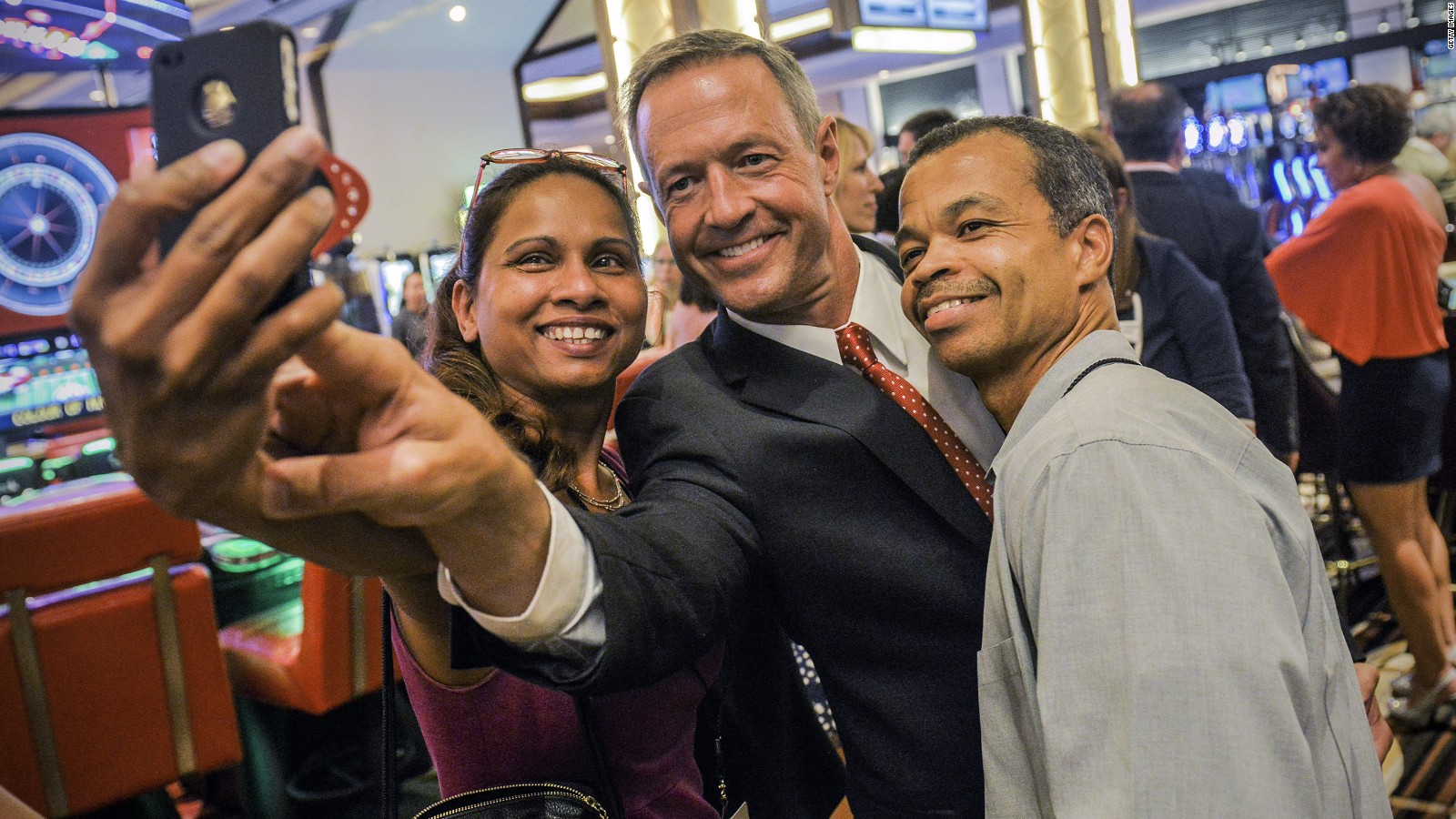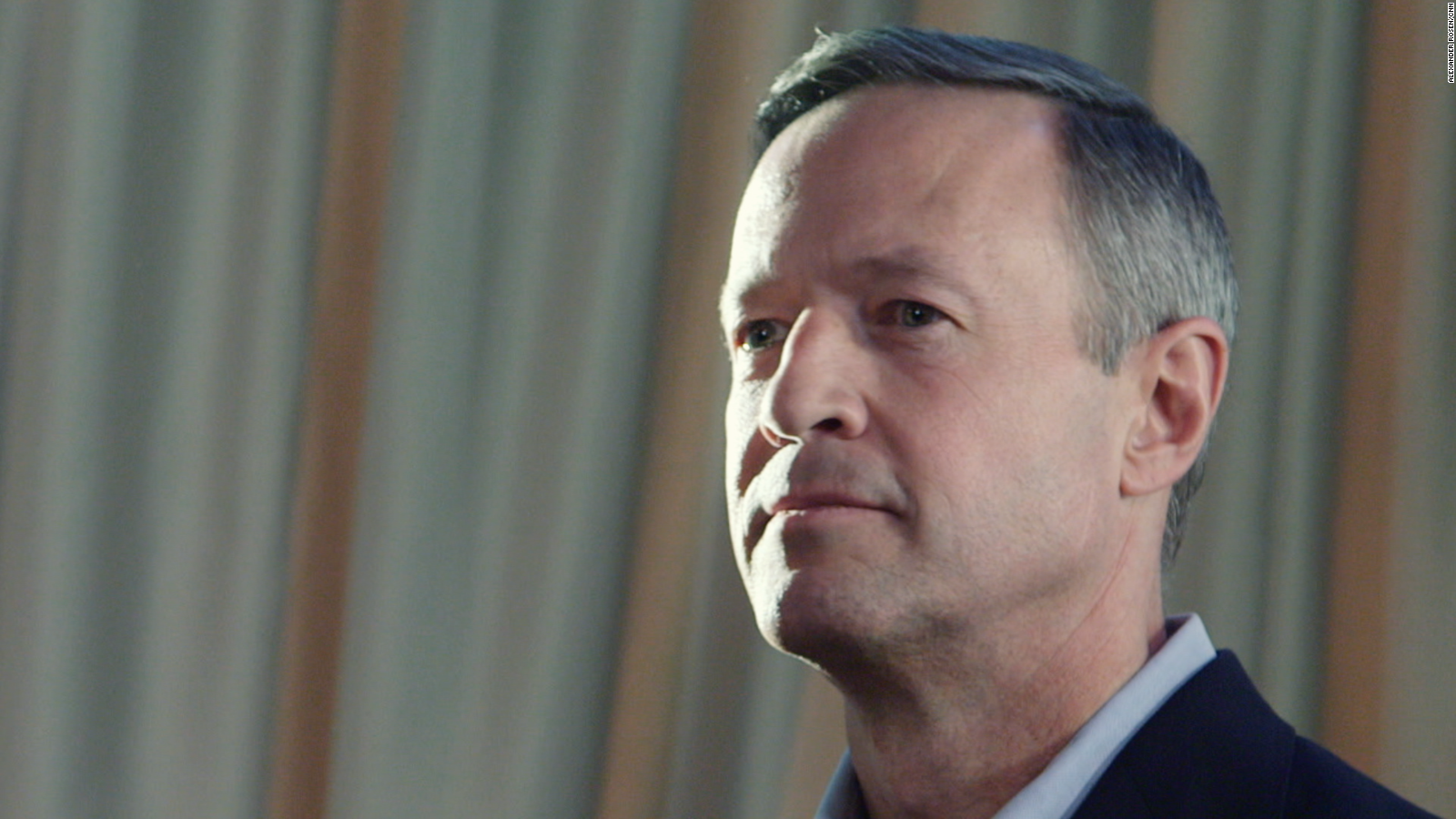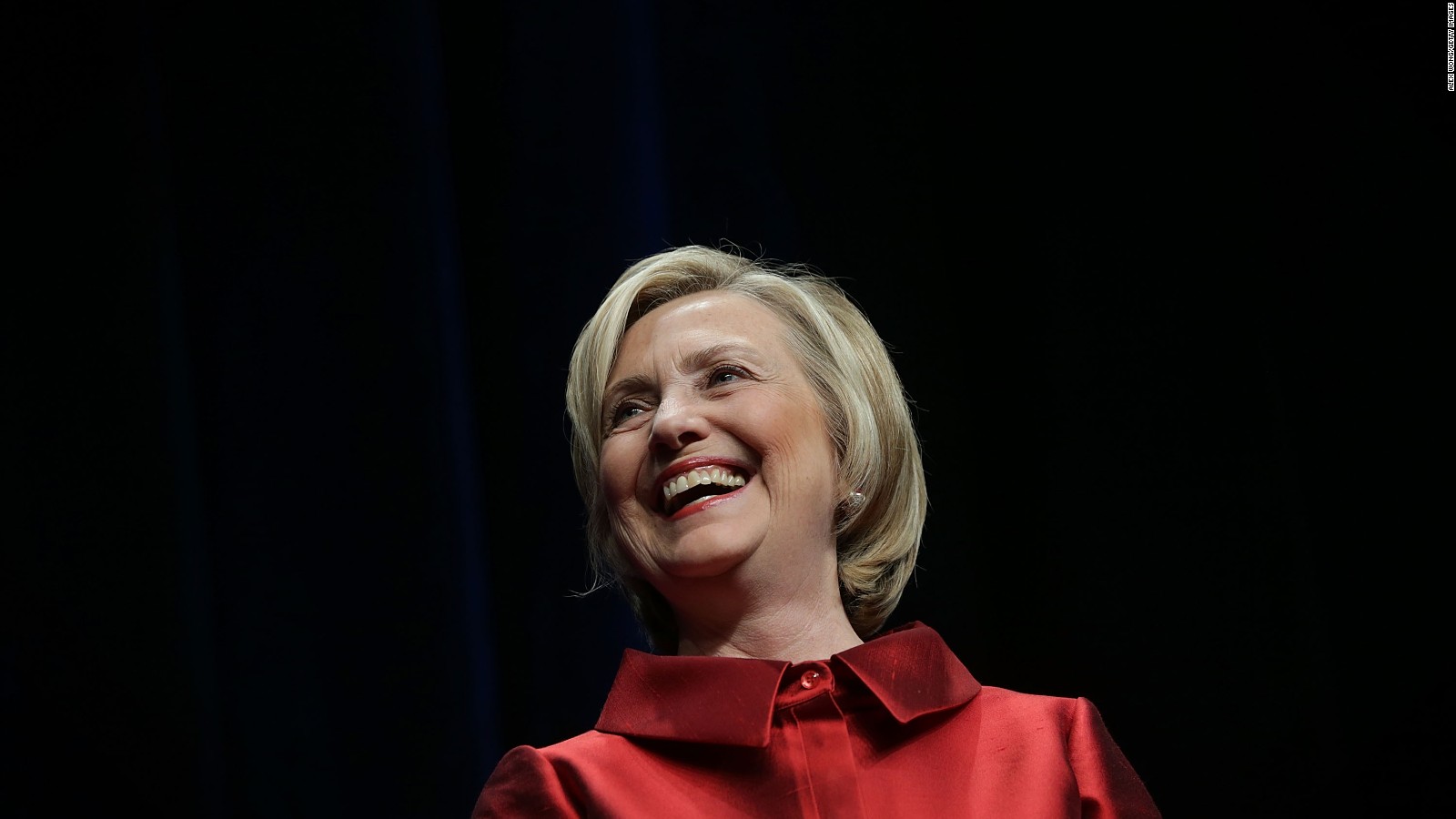
Who is Martin O'Malley?
Video: http://www.cnn.com/2015/07/27/politics/martin-omalley-hillary-clinton-wall-street/Story highlights
- O'Malley and his team have been more than willing to knock Clinton -- but without using her name
- O'Malley described Wall Street reform and the economy as "one of the very serious disagreements, policy disagreements in this campaign"
(CNN)Martin O'Malley did something new on Monday: He used Hillary Clinton's name to knock the Democratic frontrunner.
During an interview with Concord New Radio in New Hampshire, O'Malley hit Clinton for what he called "long-established and well known" ties to Wall Street that he said make Clinton less likely to adequately fight big banks.
"My proposals go a lot further than Secretary Clinton's," O'Malley said. "Her closeness with big banks on Wall Street is sincere, it's heart-felt, long-established and well known."
He added, "I don't have those ties. I am independent of those big banks on Wall Street. And my proposals reflect that, because I would restore robust prosecution and deterrents, I would reinstate Glass-Steagall to separate the speculative banking from the commercial and depository banking. And I think most American believe that's common sense."
Since announcing his campaign earlier this year, O'Malley and his team have been more than willing to knock Clinton, the frontrunner for the Democratic nomination -- but without using her name. Instead of saying Hillary Clinton, O'Malley has highlighted issues like trade, Wall Street and foreign wars, areas where his team has argued he has a more liberal record than Clinton.
But Monday's statement was a departure from that tactic, and evidence that O'Malley -- who is barely registering in most national polls lately -- plans to step up the rhetoric against Clinton.

Moments from Martin O'Malley's career 11 photos
O'Malley described Wall Street reform and the economy as "one of the very serious disagreements, policy disagreements in this campaign."
Clinton's campaign did not immediately respond to a request for comment Monday night.
The former secretary of state has delivered two policy speeches on the economy in the last month, but neither has targeted Wall Street as strongly as O'Malley and Vermont Sen. Bernie Sanders regularly do on the stump.
During a speech earlier this month in New York, Clinton accused hedge funds and high-frequency traders of "criminal behavior" and promised to "prosecute individuals as well as firms" when they break the law -- which liberals have long clamored for, but the Obama administration largely didn't do. She also said she'd seek to expand on the 2010 Dodd-Frank financial regulatory law designed to prevent future economic crises.
And during another speech last week in New York, Clinton took on corporate culture and said she would raise capital gains taxes on high frequency traders.
Clinton will give a speech aimed at combating and reforming Wall Street, the candidate's aides have said, but that wasn't the goal of either New York economic speech.
Liberals, however, are hungry for Clinton's Wall Street speech. After Clinton's first rally on New York's Roosevelt Island, groups like the Progressive Change Campaign Committee were not happy with the lack of red meat regarding Wall Street.

Hillary Clinton's plan for the economy 02:10
"This was mostly a typical Democratic speech -- much better than the direction Republicans offer America, but not the bold economic vision that most Americans want and need," Adam Green, the co-founder of the progressive group, said after the event.
Unlike O'Malley and Sanders, Clinton has also declined to call for the reinstatement of Glass Steagall, a Depression-era law that separated commercial and investment banks until its repeal under President Bill Clinton.
"I think this is a much more complicated issue than pointing to any one piece of legislation and saying well if we just pass that everything would be fine," Clinton told reporters last week in South Carolina. " I am not interested in just saying there is one answer to the too-big-to-fail problem. We have a too-big-to-fail problem still and we have to figure out the best way to address it and I'm going to be talking more about that."
No comments:
Post a Comment